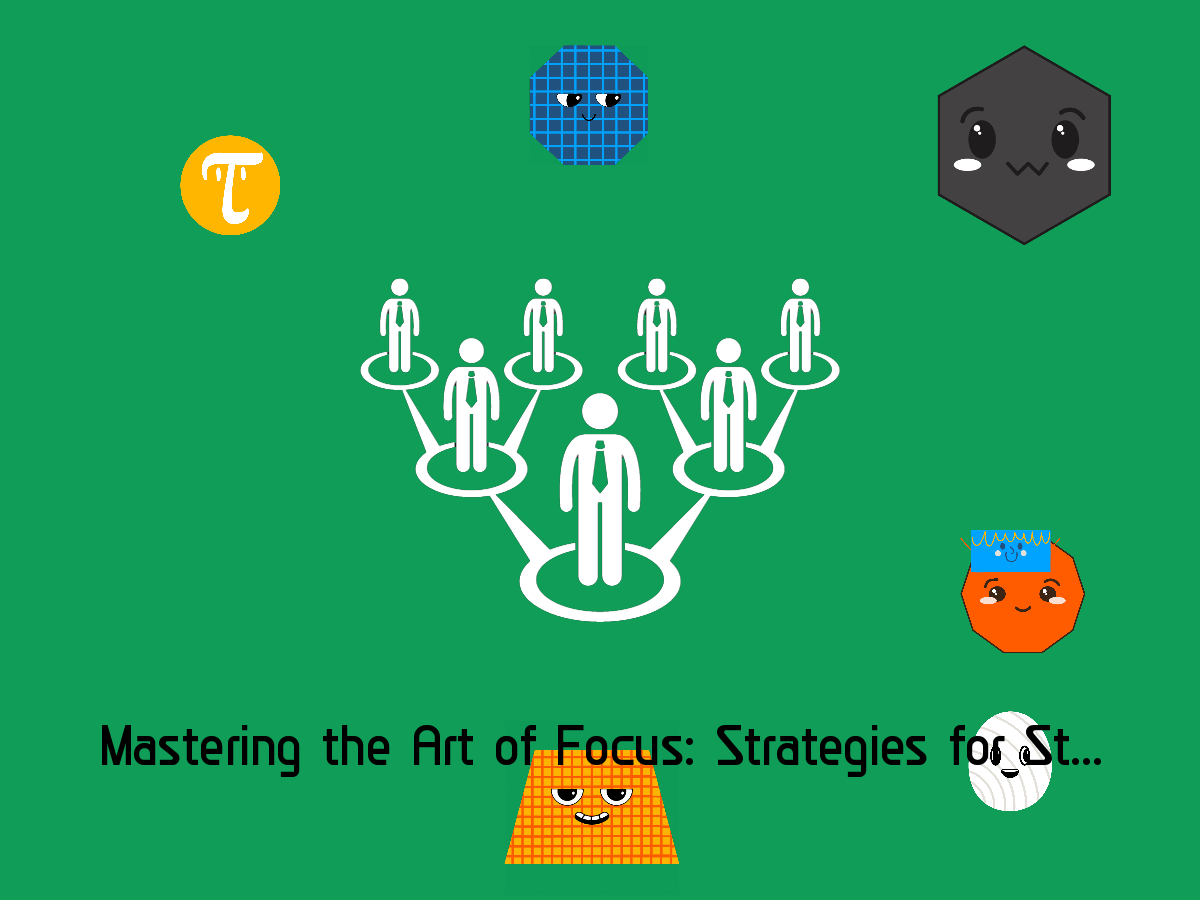In an era of constant distractions, focusing on the 'today and now' has become more challenging than ever. Yet, the ability to concentrate on the present task is critical for productivity and success. Here are some effective strategies to help you harness your focus in the here and now.
1. Start with a Clear Mind- Begin your day with a mindfulness exercise or a few minutes of meditation. This helps clear your mind of clutter and sets a tone of calm and focus for the day.
- Define what you want to achieve today. Keep these goals realistic and specific, giving you a clear direction for your day’s work.
- Identify your most important tasks and tackle them first. This approach ensures that your peak focus hours are dedicated to high-priority work.
- Identify what typically distracts you and take proactive steps to minimize these interruptions. This might mean turning off notifications, finding a quieter place to work, or setting boundaries with colleagues during focus time.
- Use time management methods like the Pomodoro Technique, which involves working in focused bursts (typically 25 minutes) followed by short breaks. This can help maintain high levels of concentration.
- Engage in tasks with full attention. When your mind wanders, gently bring it back to the task at hand. This practice strengthens your ability to stay present and focused.
- Take regular, short breaks to rest your mind. A quick walk, some stretching, or a few minutes of relaxation can rejuvenate your focus.
- Create an environment conducive to focus. This could mean decluttering your workspace, adjusting lighting, or playing background music that boosts concentration.
- Your physical well-being impacts your ability to focus. Ensure you’re drinking enough water and eating healthy snacks to maintain energy levels.
- At the end of the day, take a few minutes to reflect on what worked and what didn’t. Use these insights to adjust your strategies for even better focus tomorrow.
Focusing on 'today and now' is a skill that takes practice and dedication to develop. By incorporating these strategies into your daily routine, you can enhance your ability to concentrate, leading to greater productivity and satisfaction in your work.



 Dojo Suggestion
Dojo Suggestion


